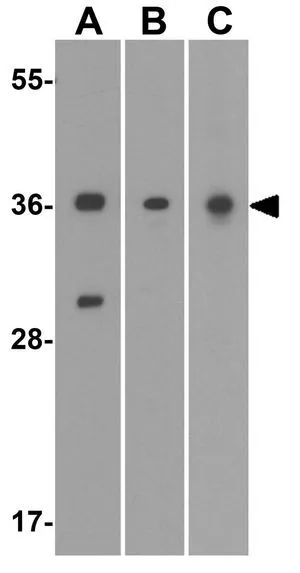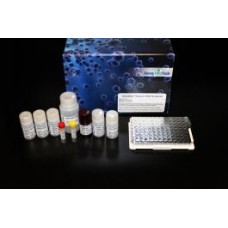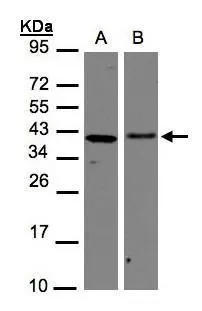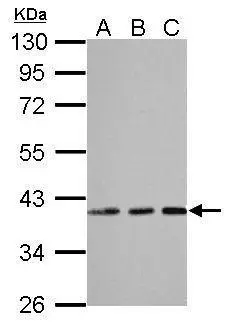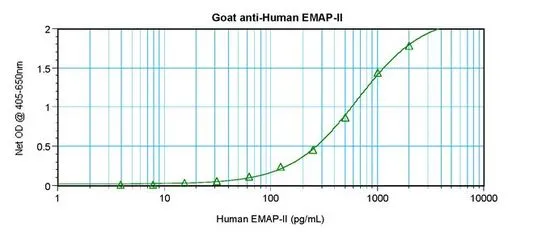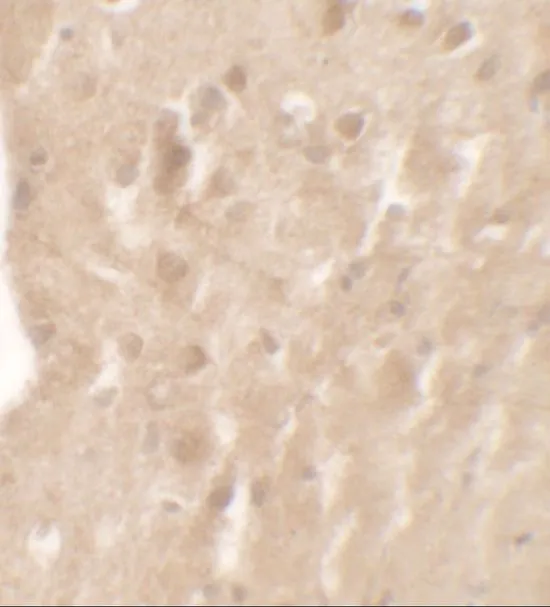
IHC-P analysis of mouse brain tissue using GTX31557 AIMP1 antibody. Working concentration : 5 μg/ml
AIMP1 antibody
GTX31557
ApplicationsWestern Blot, ELISA, ImmunoHistoChemistry, ImmunoHistoChemistry Paraffin
Product group Antibodies
ReactivityHuman, Mouse, Rat
TargetAIMP1
Overview
- SupplierGeneTex
- Product NameAIMP1 antibody
- Delivery Days Customer9
- Application Supplier NoteWB: 1 microg/mL. *Optimal dilutions/concentrations should be determined by the researcher.Not tested in other applications.
- ApplicationsWestern Blot, ELISA, ImmunoHistoChemistry, ImmunoHistoChemistry Paraffin
- CertificationResearch Use Only
- ClonalityPolyclonal
- Concentration1 mg/ml
- ConjugateUnconjugated
- Gene ID9255
- Target nameAIMP1
- Target descriptionaminoacyl tRNA synthetase complex interacting multifunctional protein 1
- Target synonymsEMAP2, EMAPII, HLD3, SCYE1, p43, aminoacyl tRNA synthase complex-interacting multifunctional protein 1, ARS-interacting multifunctional protein 1, endothelial monocyte-activating polypeptide 2, endothelial-monocyte activating polypeptide II, multisynthase complex auxiliary component p43, multisynthetase complex auxiliary component p43, small inducible cytokine subfamily E, member 1 (endothelial monocyte-activating)
- HostRabbit
- IsotypeIgG
- Protein IDQ12904
- Protein NameAminoacyl tRNA synthase complex-interacting multifunctional protein 1
- Scientific DescriptionThe protein encoded by this gene is a cytokine that is specifically induced by apoptosis, and it is involved in the control of angiogenesis, inflammation, and wound healing. The release of this cytokine renders the tumor-associated vasculature sensitive to tumor necrosis factor. The precursor protein is identical to the p43 subunit, which is associated with the multi-tRNA synthetase complex, and it modulates aminoacylation activity of tRNA synthetase in normal cells. This protein is also involved in the stimulation of inflammatory responses after proteolytic cleavage in tumor cells. Multiple transcript variants encoding different isoforms have been found for this gene. A pseudogene has been identified on chromosome 20. [provided by RefSeq, Dec 2008]
- ReactivityHuman, Mouse, Rat
- Storage Instruction-20°C or -80°C,2°C to 8°C
- UNSPSC41116161

